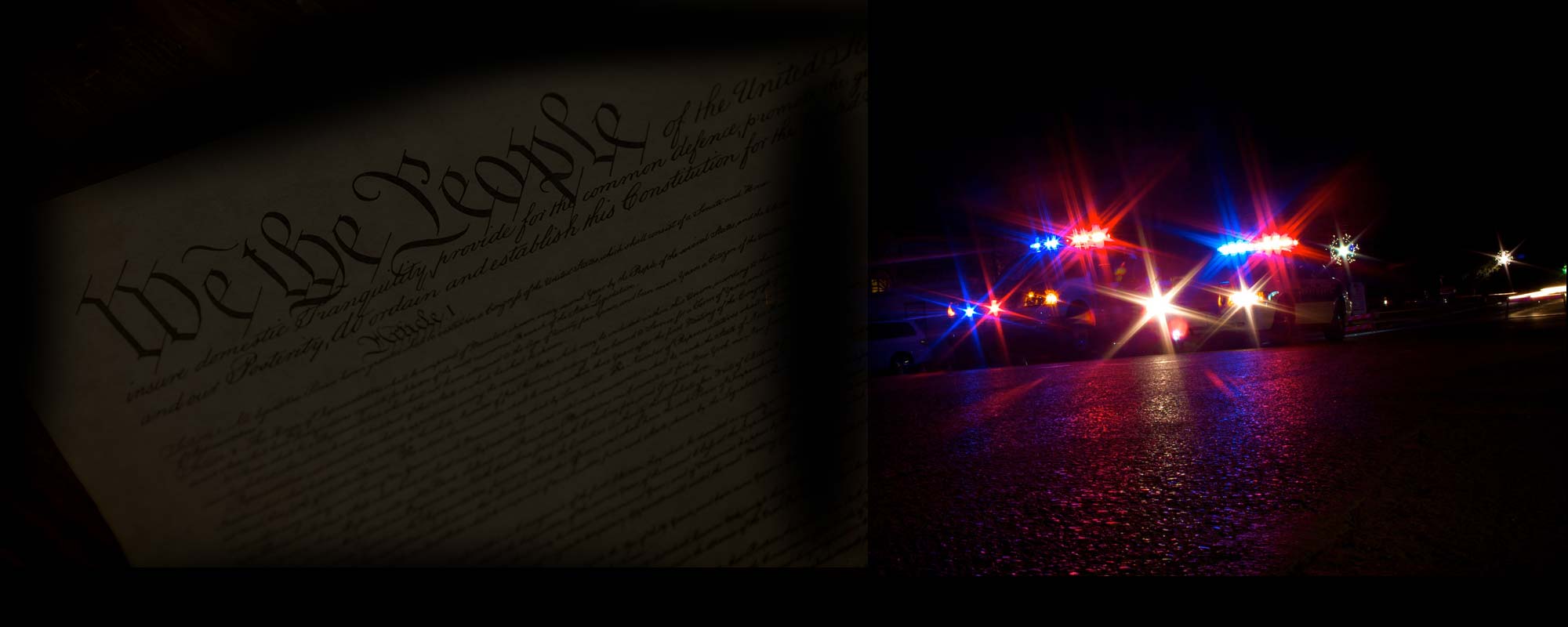The mistrial in the South Carolina trial of former officer Michael Slager, who shot Walter Scott to death in the back as he was running away from Slager, is difficult to explain, the event having been preserved on camera. The explanation that I have heard having a basis in race — the racial makeup of the jury — makes the least sense of all.
The jury of twelve consisted of one black man, and eleven white men and women. The split of the jury was eleven to one. By long standing tradition, and as a matter of law, jury deliberations are secret and disclosure of what goes on in a jury room during deliberations cannot be compelled. It can be disclosed voluntarily, post trial, by a juror. However, whether the juror who held out for acquittal was the lone black member, or one of the white jurors, that means at least ten white jurors voted to convict.
While we tend to think first about race in instances such as this, the better argument to explain what happened is what is actually probable — the definite bias in favor of police believability which is just about universal and has become deeply embedded into our popular culture, thanks to law and order television, as detailed in “A Toast to Silence”.
In subtle, and sometimes not so subtle ways, daily, the Judges on television, and in actual courtrooms often decide cases in favor of the prosecution based solely on the direct testimony of officers, giving them every benefit of the doubt; often reciting, in explaining their rulings, only what the officer said on direct examination, and seemingly ignoring what they said on cross-examination, the content of which regularly and reliably demonstrates that officers are often not worthy of belief. It is said that cross-examination is the great engine of the truth, yet prosecutors and judges treat it as a meaningless exercise and a chore to reluctantly endure and to get beyond, which must be allowed because the Constitution’s Sixth Amendment requires it. I have had occasion to say to judges “Doesn’t cross-examination matter?” “Judge, what about what was said on cross?” That’s how this basic right has come to be viewed — it doesn’t matter.
Returning to the subject at hand, the lone holdout juror in the Slager trial was quoted as saying he or she could not consider a guilty verdict “in good conscience”. Words like that signal that this juror did not follow the court’s instruction to base the verdict solely on the law and the evidence, a failing having less to do with race than media fueled distortion of what the public, from which jurors are selected, thinks are the limits of what constitutes the law and the evidence. Jurors are usually instructed that they must limit their consideration to the law given by the judge, the evidence heard and seen in the courtroom, and use their common sense in judging that evidence; not to use their minds to hunt up doubts, speculate, invent against that evidence, or ignore that evidence.
When this case is retried, hopefully the next jury will have no trouble with the obvious, and unanimously decide this case, acknowledging the truth; the camera never lies, people do.
Common sense and the video of the event tell us that Officer Slager could not rationally have been in fear of someone running from him in order to justify shooting Scott in the back five times. Officer Slager is simply not worthy of belief by anyone, regardless of race.






